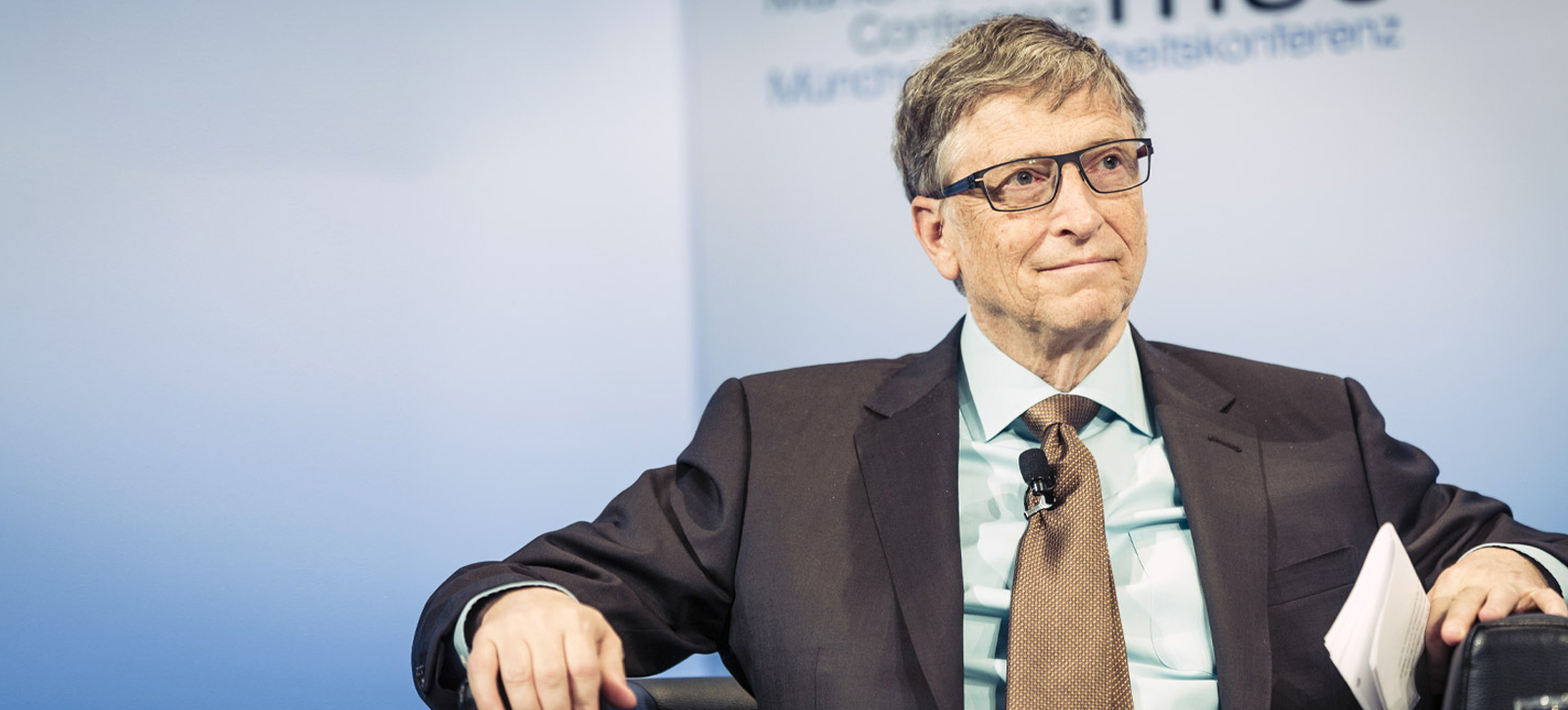
To address the tension between the conventional and unconventional wisdom of luck, we need to understand a 'fundamental paradox' in human behavior - the more uncertain the world becomes, the more people seek out and rely on seemingly certain solutions.
Current education in business schools mostly entertains such demands - we successfully provide our students with linear and not necessarily simple (for example mathematical modeling) tools on dealing with uncertainty, which can seemingly lead to better performance. However, we need to reflect on the consequences of such an action, particularly as it has become obvious that these tools often lead to costly failures.
Management research should also focus on prescriptive theories that can help business practitioners move from 'incompetent to OK' rather than focusing on those that address how to move from 'good to great'.
Current prescriptive theories of management and many business management bestsellers focus on the latter, although being 'great' in business (ie achieving exceptional performance) is often primarily a matter of luck.
For example, many business bestsellers share a formula: selecting a few successful firms that beat the odds and achieve excellence; analysing the shared practices of these firms when they move from good to great; framing these practices as the benchmark for those who aspire to become great.
An overlooked caveat is that the greatness featured in these bestsellers does not last. Take the 50 firms featured in the three most popular business bestsellers (In Search of Excellence, Good to Great and Build to Last): 16 of them failed within five years after the book was published; 23 became mediocre as they underperformed the S&P 500 index. What happened after becoming great is clearly not enduring greatness but regressing to below average.
This finding - from good to great to below average - should not be surprising mainly because above a certain level, no rule exists for achieving exceptional performance because achieving exceptional performance usually requires doing something different or novel and there can be no recipe for such innovation. When they happen to succeed, many of these successes will not be sustainable but regress considerably to the mean.
Students who focus on how to move from 'good to great' and ignore how they regress to below average can be gaining confidence rather than competence. Thus, it follows that management research and education should focus on teaching business practitioners what to do to move from 'incompetent to OK'.
Why being great in business is down to luck
We need to balance the accounts of exceptional performance; in other words, we need to integrate the role of luck into the development of management research and education. We also need to consider modifying the teaching we provide to our students to ensure they have the most comprehensive picture and the best possible opportunities for the future.
The figure below provides a useful summary of fending off the intuition that exceptional performers are better. Higher performers are likely better, and the key for a poor, novice performer to become a good, experienced one is not about luck but skill and effort.

The conventional wisdom of luck, such as 'the harder I work the luckier I get' or 'chance favors the prepared mind', makes perfect sense when one focuses on moderate performance.
Moving from good to great, however, is a different story. Being at the right place (for example, succeeding in a context where early outcomes have enduring impacts) and at the right time (for example, having early luck or a large endowment) can be so important that it overwhelms merits.
With this in mind, there is a good case that we should not just reward or imitate life’s winners and expect to repeat their successes. That said, there is a case that winners should consider imitating the likes of Bill Gates (who became a philanthropist) or Warren Buffett (who argues that richer Americans should pay higher taxes), who have chosen to commit their wealth and success to worthy causes.
The winners who appreciate their luck and do not take it all for themselves deserve a larger portion of our respect.
This is an exclusive extract from Chengwei Liu's new book Luck, A Key Idea for Business and Society published by Routledge.
Chengwei Liu is Associate Professor of Strategy and Behavioural Science. He teaches Analytical Behavioural Strategy on the Executive Diplomas Series.
Follow him on Twitter @ChengweiLiu
For more articles like this download Core magazine here.




 X
X Facebook
Facebook LinkedIn
LinkedIn YouTube
YouTube Instagram
Instagram Tiktok
Tiktok